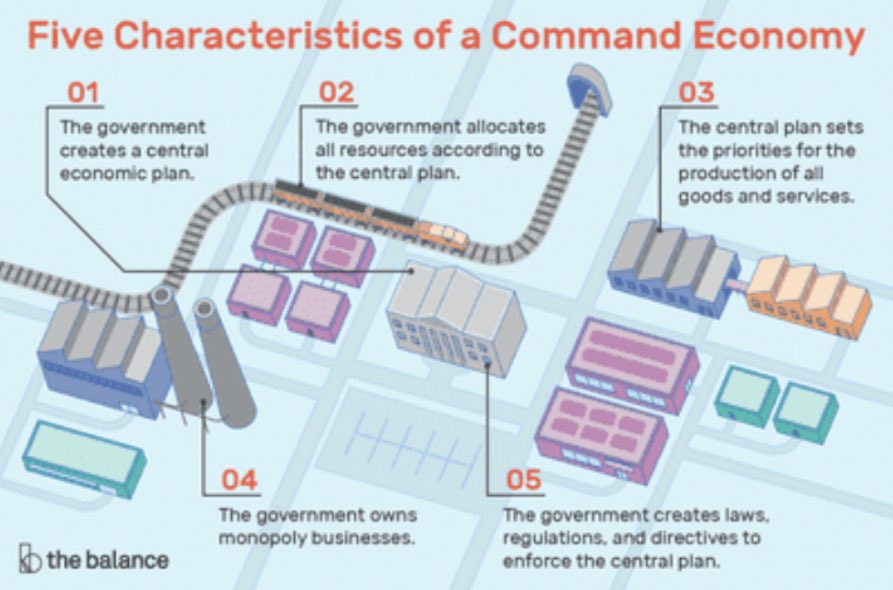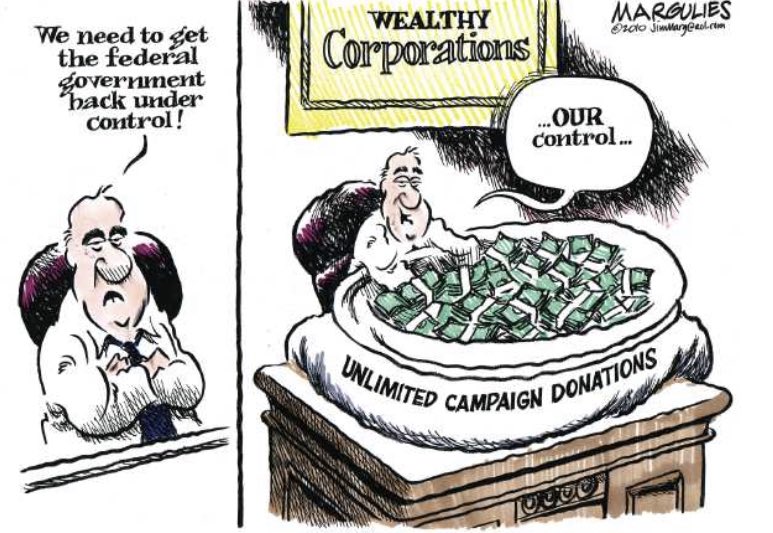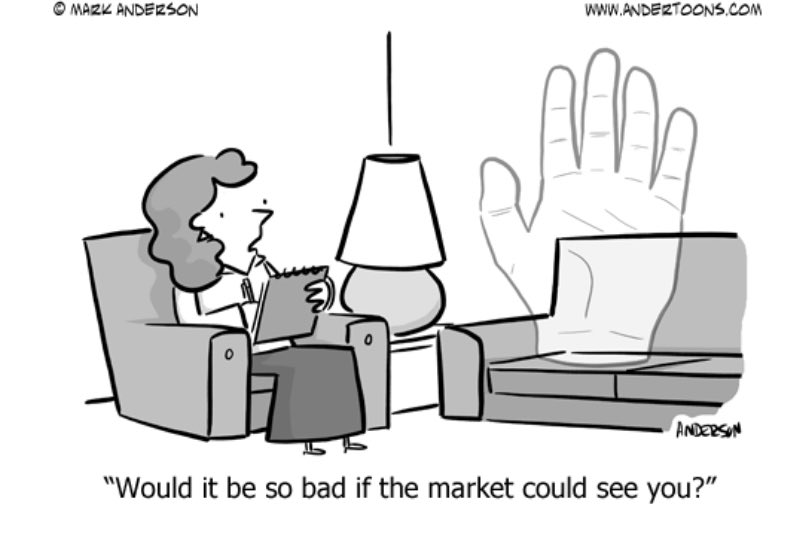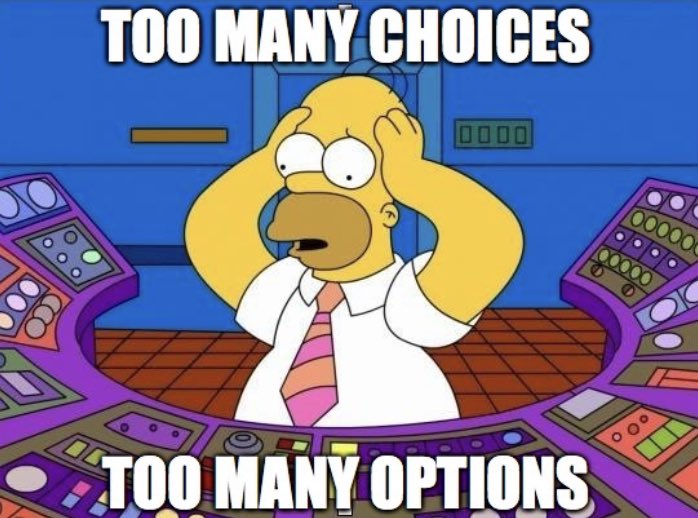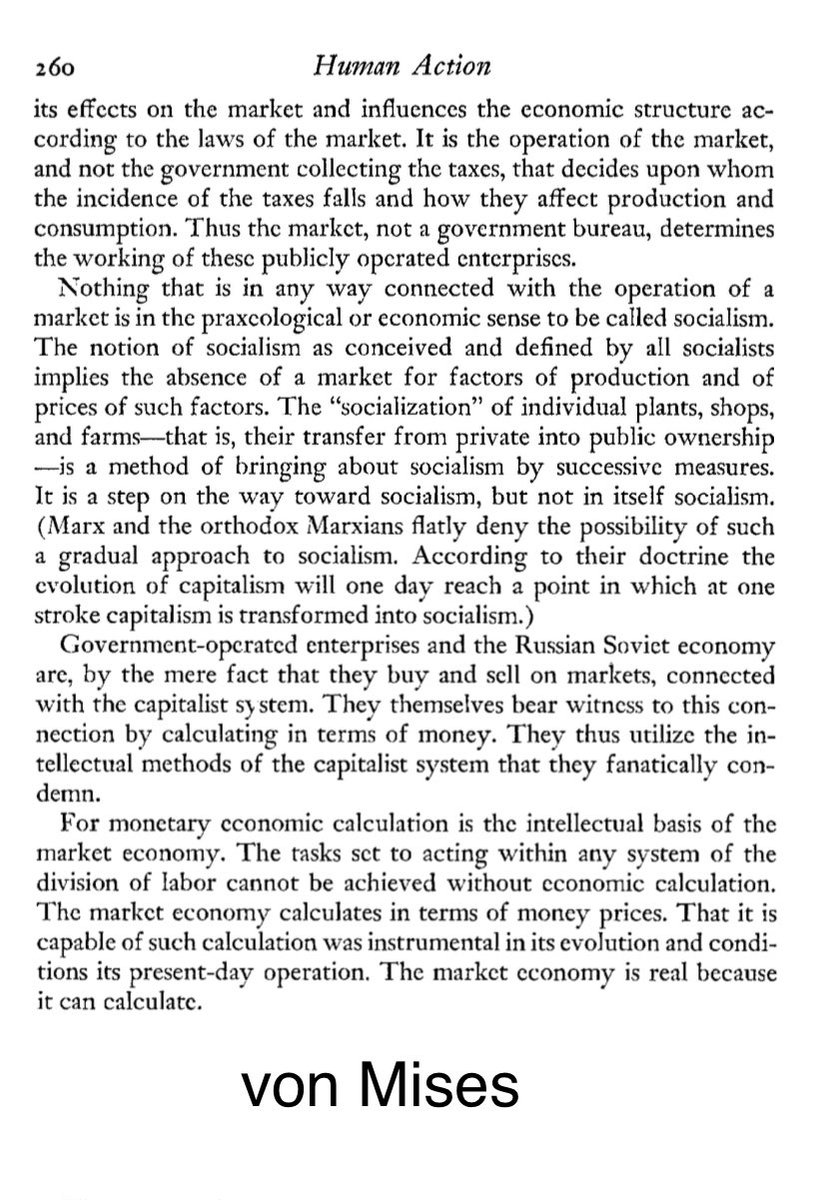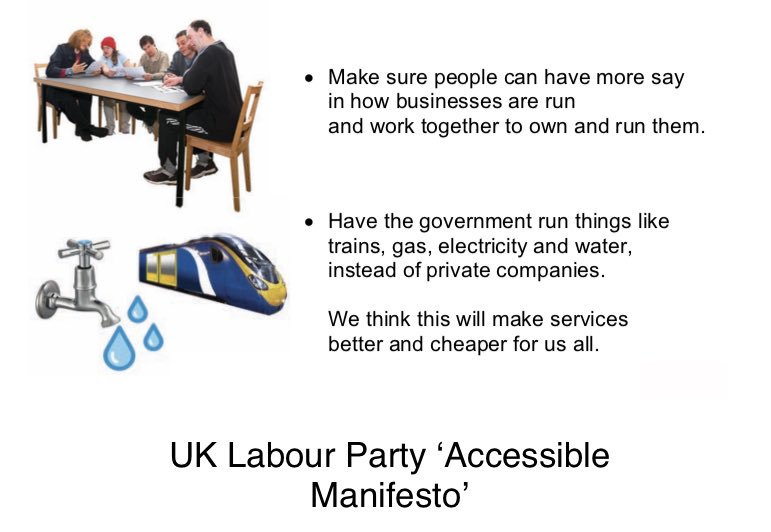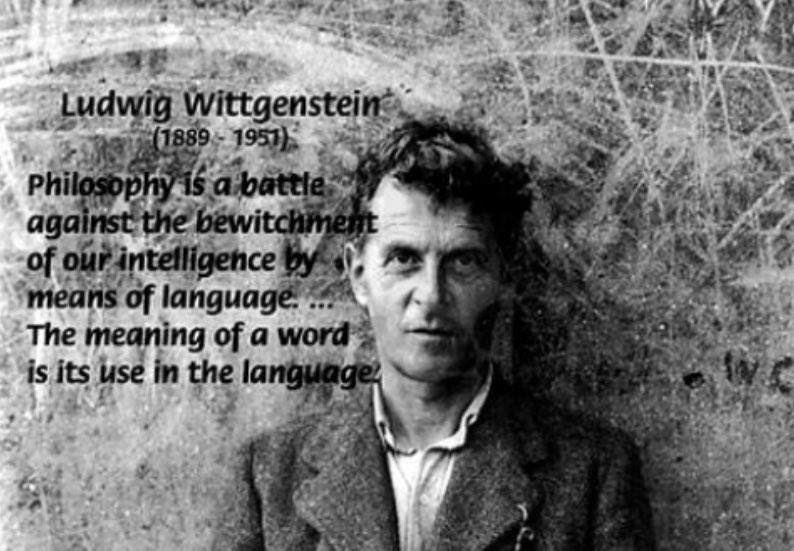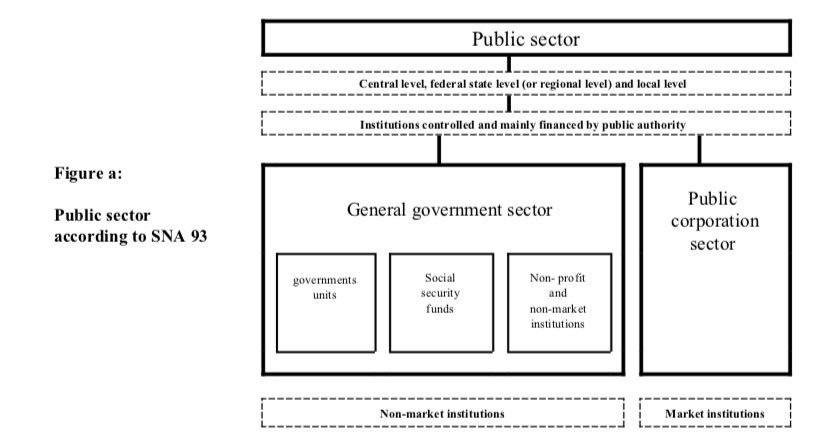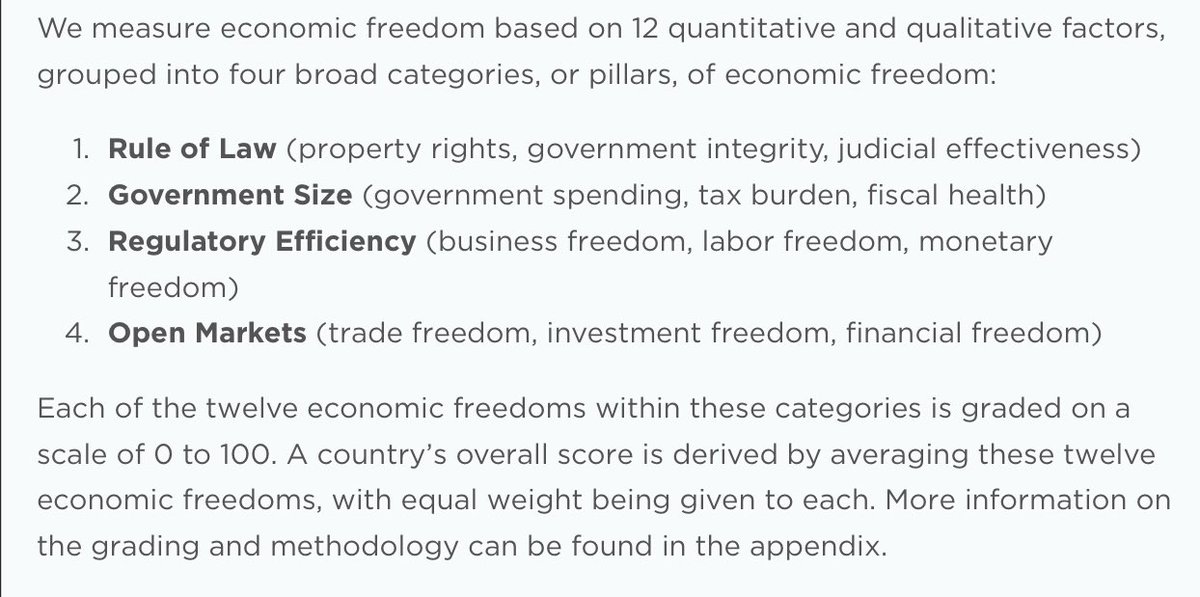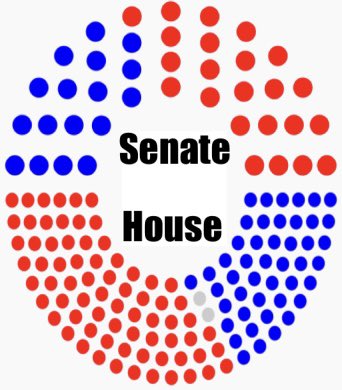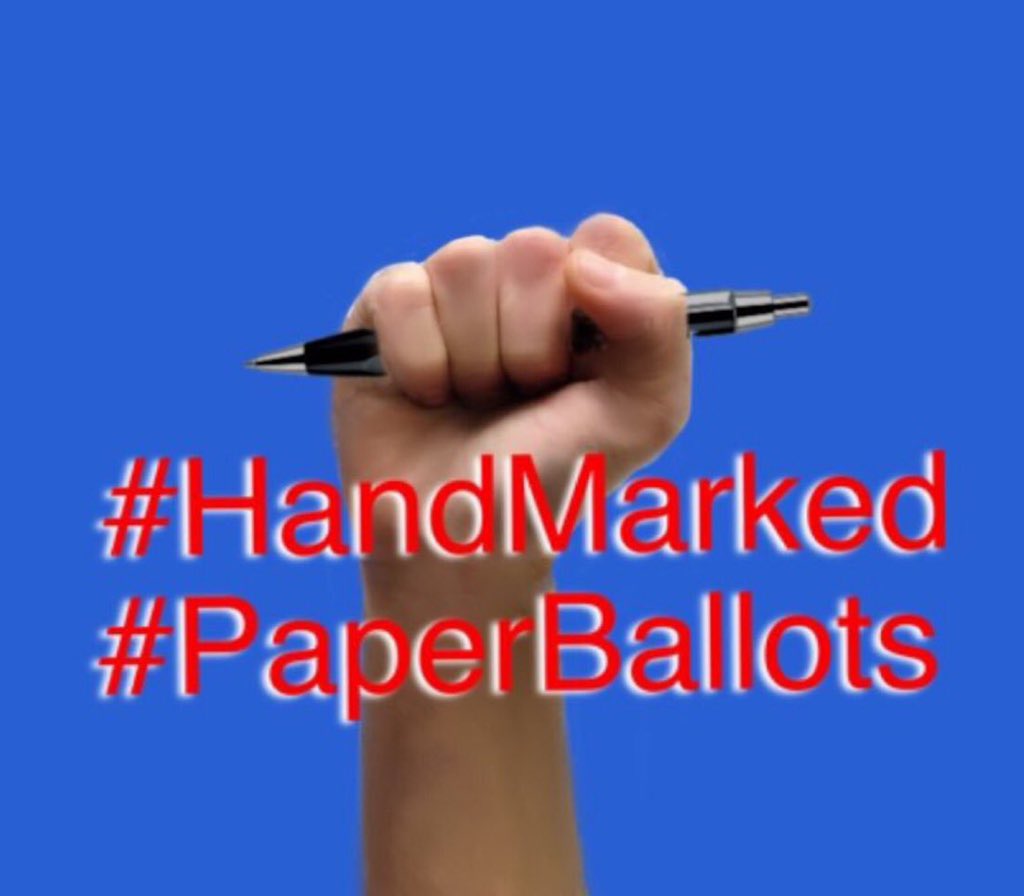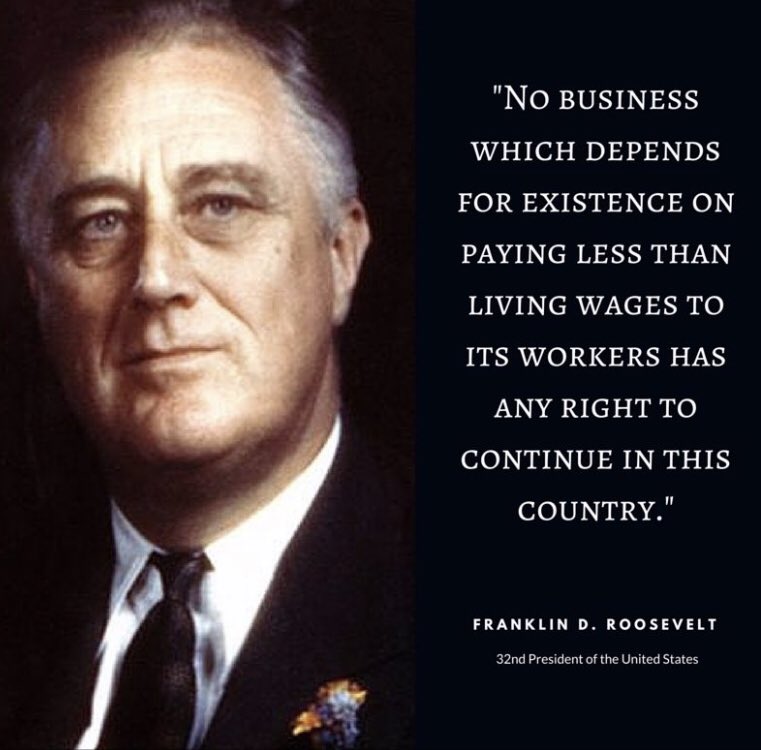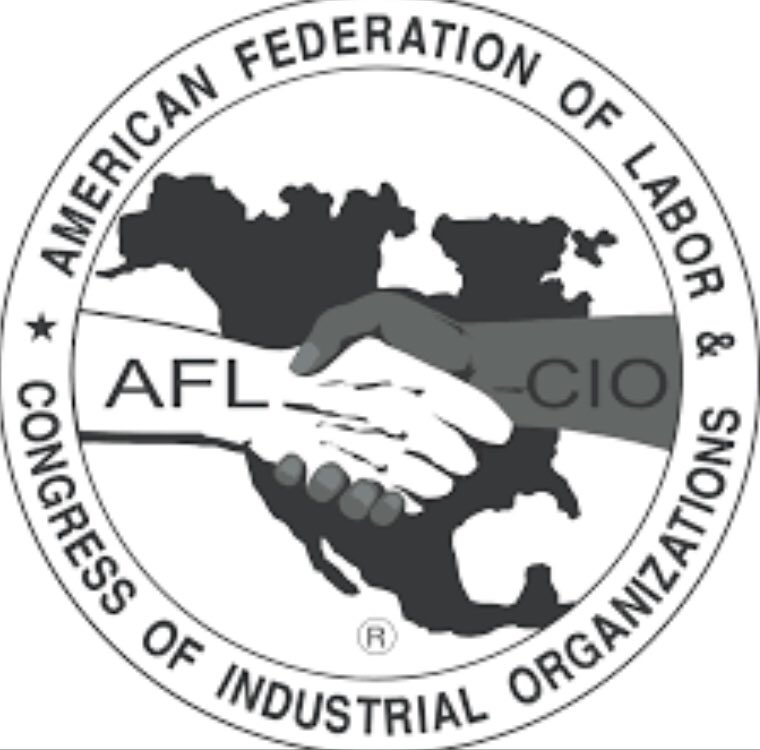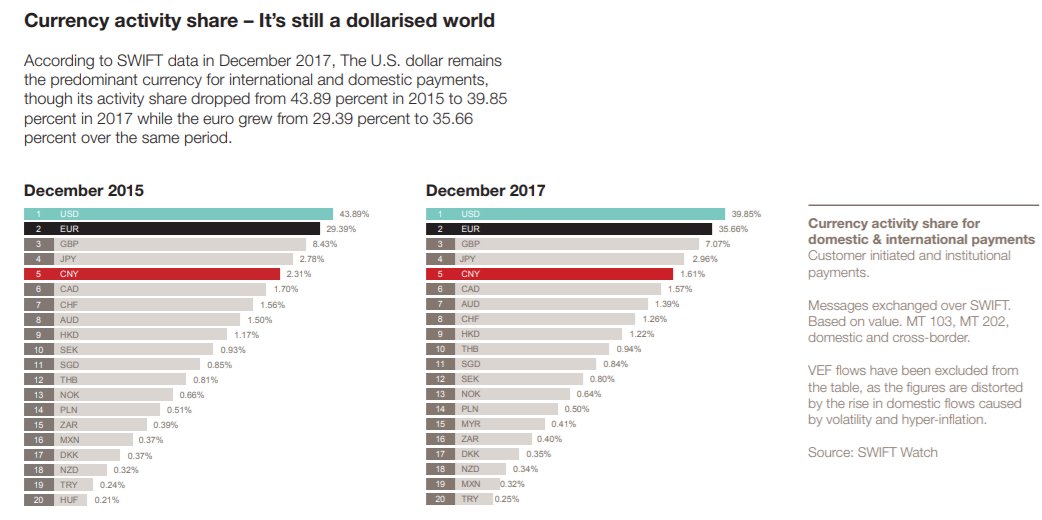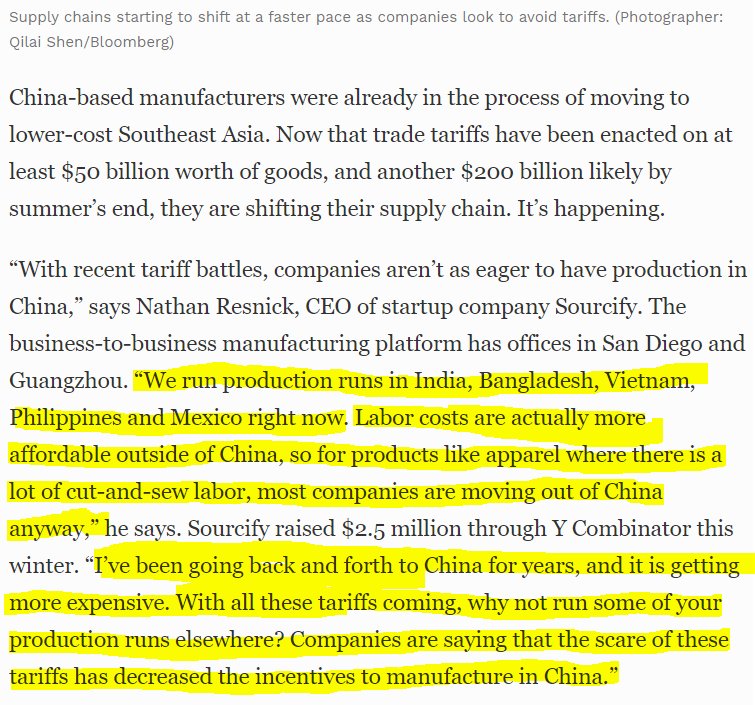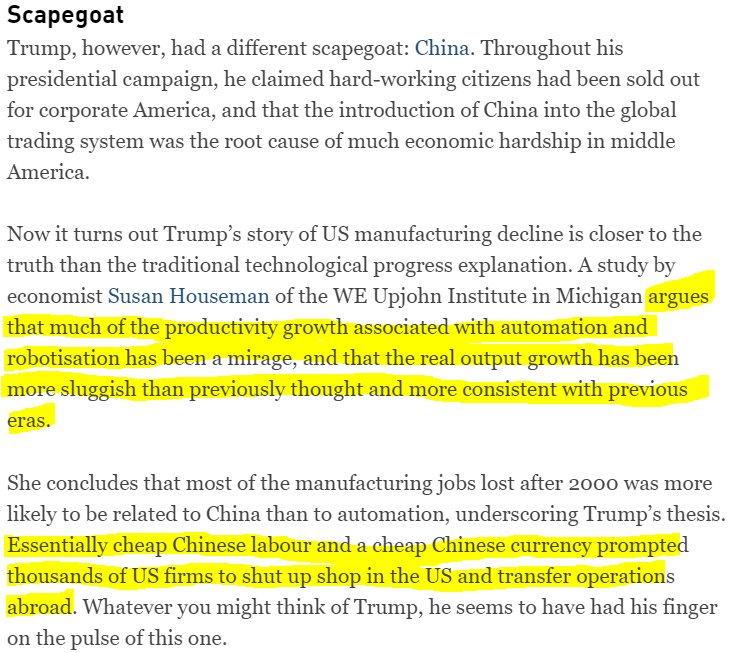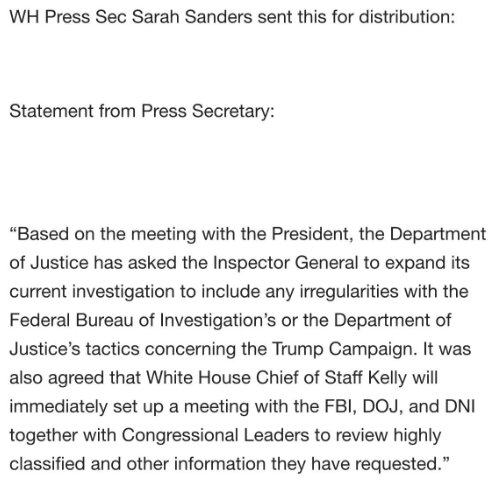Most say that the US has one, and that “pure economies” don’t exist anymore, but what does that mean?
What is this thing we have which is used to justify both reform & the status quo?
#ResistanceEducation
👇LONG THREAD👇
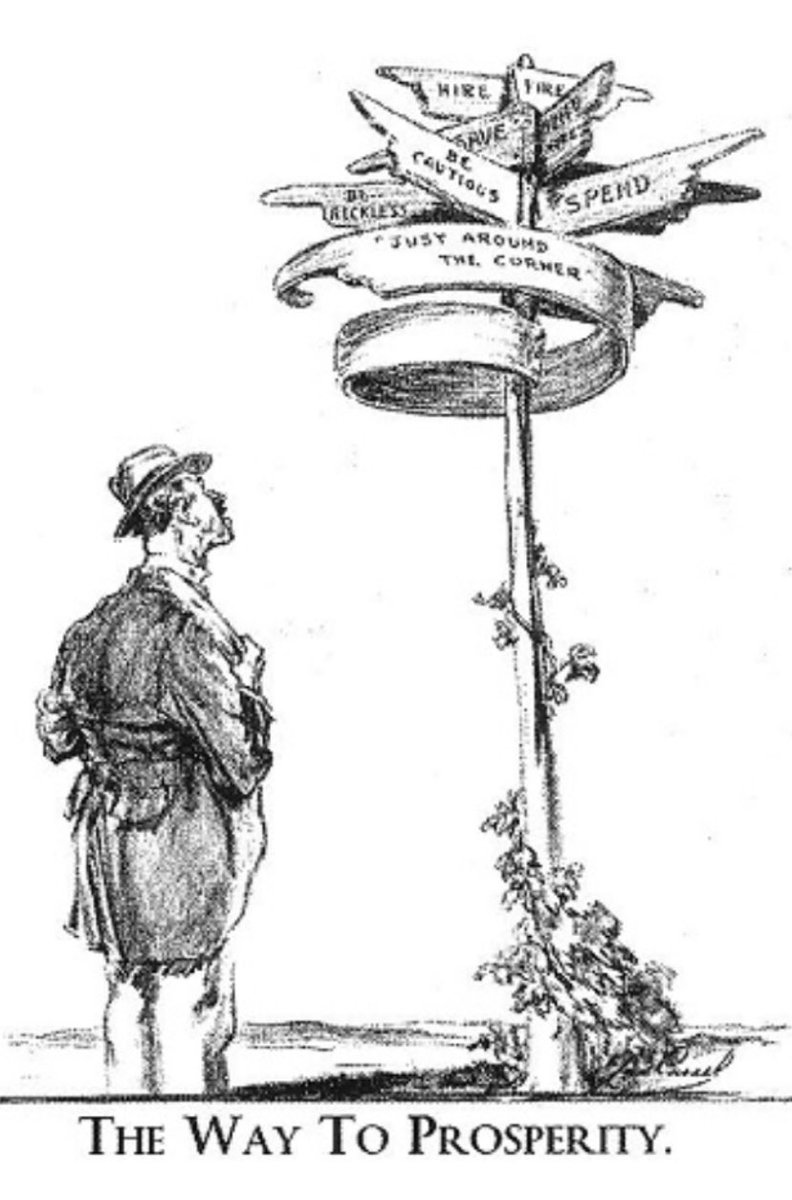
Because there is still accumulation of capital, & the system is mediated by exchange prices (see Marx’s law of value), it is completely capitalist.
There is also a mix of modes of production (primitive, feudal, capitalist, & socialist) in most.
Luckily, the @ilo keeps track of public sector employment which can act as a close proxy.
The US is 16%, China is 50%.
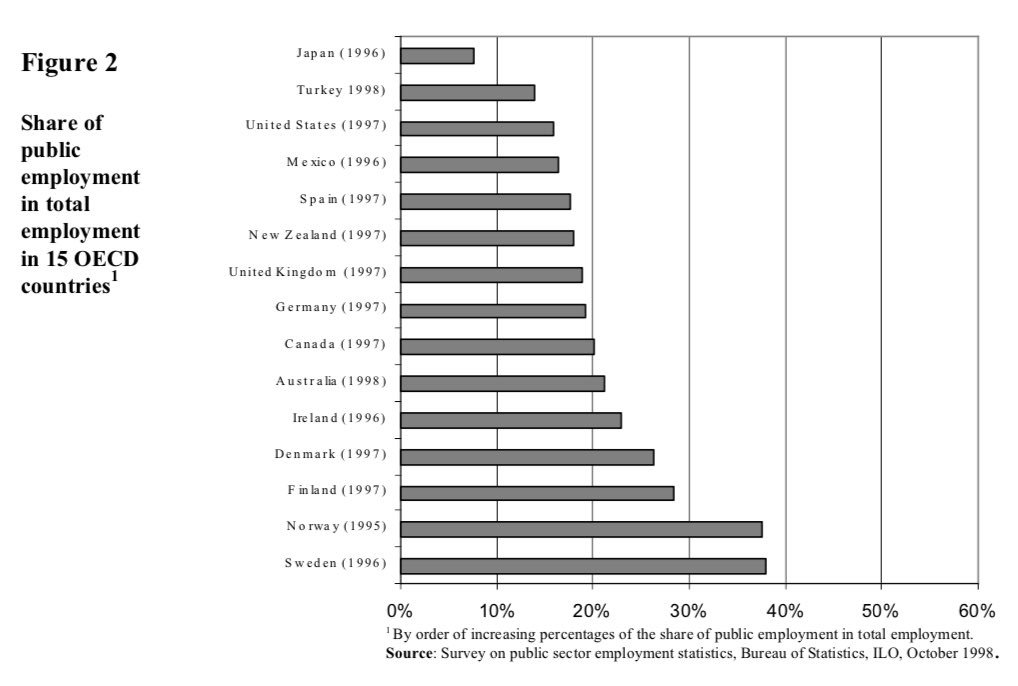
Maybe we need to be more careful in comparisons when deciding policies.
We need to stop deflecting and actually consider the criticisms of capitalism as a system.
We need to actively think about alternatives & what we want/need.
Feel free to post this ANYWHERE someone uses the term “mixed economy”.
Also feel free to ask questions, as long as they’re coherent to some degree😉









